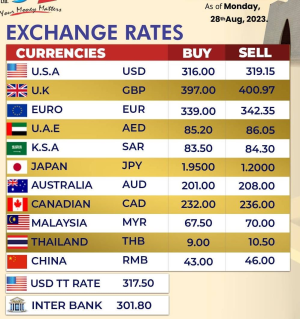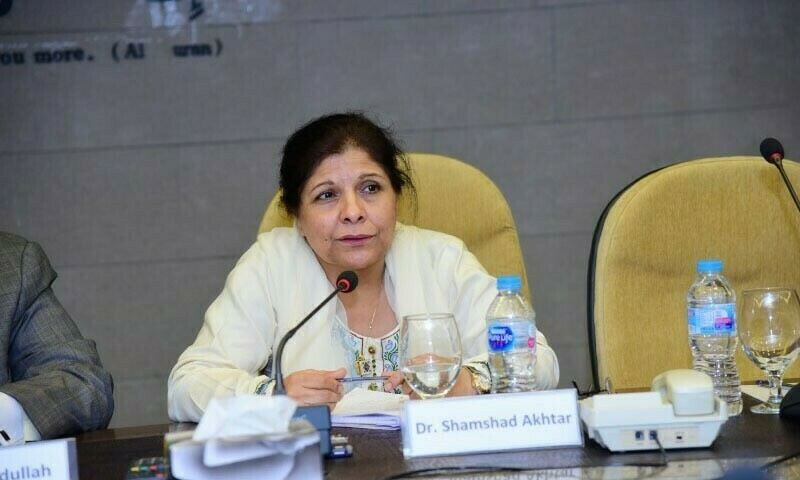daytrader
ODI Debutant
- Joined
- Jul 11, 2015
- Runs
- 11,082
- Post of the Week
- 1
SBP lifts all restrictions on imports to fulfil IMF condition
The State Bank of Pakistan (SBP) has lifted all restrictions on imports to fulfil one more condition of the International Monetary Fund (IMF), ARY News reported on Friday.
The central bank issued a circular to end all restrictions on imports in order to fulfil another IMF condition.
The federal government granted permission to banks for providing remittances to release more than 6,000 containers. The SBP stated in the circular that remittances will be provided for all imports after the enforcement of the latest order.
The authorised dealers have been given instructions to provide remittances following the recommendations of the stakeholders, said the central bank.
Yesterday, it was learnt that Pakistan and the International Monetary Fund (IMF) are facing challenges in reviving a loan program, leading to conflicts between the IMF and the Ministry of Finance.
ARY
The State Bank of Pakistan (SBP) has lifted all restrictions on imports to fulfil one more condition of the International Monetary Fund (IMF), ARY News reported on Friday.
The central bank issued a circular to end all restrictions on imports in order to fulfil another IMF condition.
The federal government granted permission to banks for providing remittances to release more than 6,000 containers. The SBP stated in the circular that remittances will be provided for all imports after the enforcement of the latest order.
The authorised dealers have been given instructions to provide remittances following the recommendations of the stakeholders, said the central bank.
Yesterday, it was learnt that Pakistan and the International Monetary Fund (IMF) are facing challenges in reviving a loan program, leading to conflicts between the IMF and the Ministry of Finance.
ARY

























